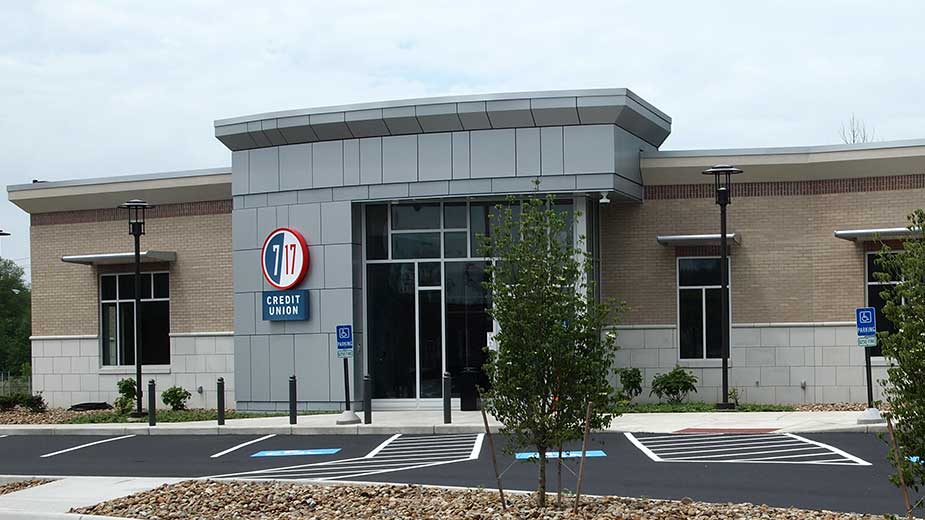For 70 Years, HBK Grows with Its Clients
YOUNGSTOWN, Ohio — In 2017, the passage of the Tax Cuts and Jobs Act brought “massive changes” to the tax law that forced accounting firms to adapt quickly.
From Congress lowering the corporate tax rate for small- to medium-sized businesses to the impact on individual taxpayers, HBK CPAs & Consultants keeps its staff and clients fully aware of those changes, says Dave Blasko, principal-in-charge of the northeastern Ohio region. Some of those updates are ongoing, he says.
“We need to continually stay on top of those things,” Blasko says.
What opened in 1949 as Hill and Hammonds with just nine employees in Youngstown today employs more than 500 with 70 principals at 16 offices in Ohio, Pennsylvania, New Jersey, New York and Florida.
Much of the growth stemmed from acquisitions, mergers and organic expansion, Blasko says. In 2018, the firm made its largest acquisition when it merged with the Spire Group of Clark, N.J.

“We’ve had growing pains through the years, but we’ve continued to make strategic acquisitions and strategic growth,” Blasko says. “We never grew to a point where we couldn’t handle what we were doing.”
To accommodate outward expansion, HBK invested internally as well. Increasing its financial and valuation services while adding new services – such as its high-performance division, which focuses on business coaching and development – enables HBK to offer useful products to clients as their businesses expand, Blasko says.
Customers who initially use HBK’s tax-preparation services may evolve into audits, filing taxes in more than one state, financial planning and estate planning, he notes.
“We get involved with our clients at an early stage,” Blasko says. “As our clients grow, we grow with them. And the services we provide may increase as their needs change over time.”
As HBK adds services, employees are trained in the new offerings, says Patricia Kimerer, director of communications. Keeping staff updated on the offerings as well as soft skills is “crucial to the customer experience,” she says.
HBK works to be “anticipatory and to look down the road at trends” and forecast what services the clients will need next, she says. “We have not only identified areas of expected growth, but we train our people to be experts in their areas. And we’ve recruited specialty professionals,” Kimerer says.
HBK has seen success with that approach in its wealth management and valuation groups, Blasko says, because many clients work with the firm from when they start the business through the time when they sell it.
Having the ability to determine the value of a company, help with estate planning, and help business owners on their finances and investments “helped us grow our business,” Blasko says.
Technological advancements continue to change the industry as well, he says. As more consumers use computers and mobile devices to conduct business, they have become accustomed to instant access and digital, cloud-based activity, he says.
This affects how audits are performed, according to Blasko. Moving forward, HBK will have to adapt to changes such as artificial intelligence and blockchain technology, used increasingly by the financial-services industry to reduce labor and regulatory costs.
Originally developed for cryptocurrencies, blockchain provides a safe and secure digital exchange of data, information and money. In 2017, the Global Fintech Report estimated that 77% of FinTech, or financial technology, institutions expect to adopt blockchain as part of their production systems or processes by 2020.
HBK is working with IT experts to determine “what an audit will look like five years from now and how we will do it,” Blasko says. “The whole transaction might happen in the background. It’s changing so fast. Clients are becoming more sophisticated, and we need to stay ahead of that.”
Copyright 2024 The Business Journal, Youngstown, Ohio.



